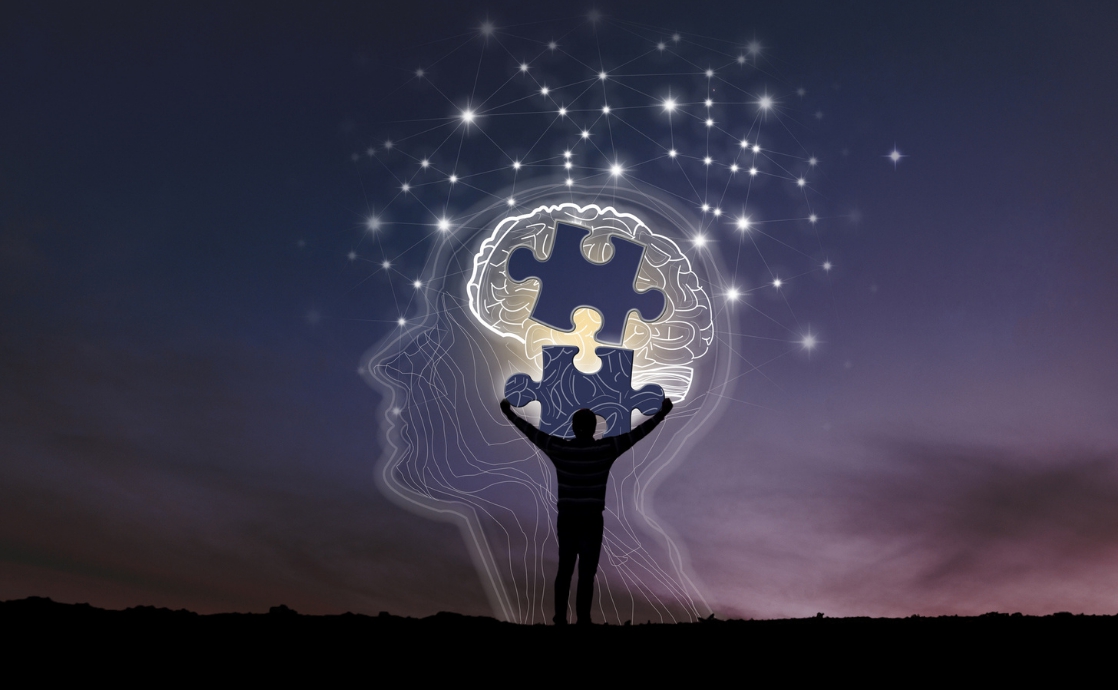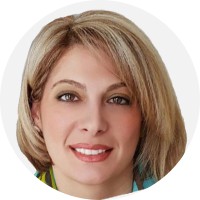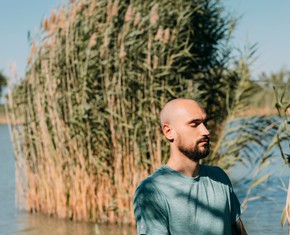The views expressed in our content reflect individual perspectives and do not represent the authoritative views of the Baha'i Faith.
Lately we often hear the emotionally-loaded term “conspiracy theory” – and often those who call individuals or groups conspiracy theorists believe they’re on the side of reason and science.
But the groups and individuals labeled as conspiracy theorists feel like they are being demeaned and ridiculed for their lack of trust in established authority. This sets up yet another point of dis-unity and division in society – so how do we solve that problem?
Let’s face it, many outrageous claims and theories seem so unbelievable that it becomes easy to dismiss them. When we do that, we usually feel re-assured, because most of society scoffs at them and brands them as conspiracies, so they must be false, right?
But looking back in history, it becomes clear that what the majority believed, took for granted as correct and acted upon did not always follow the path of righteousness or truth. The public scoffed at and dismissed the conclusions of many scientists, for example, who we now know had discovered the truth.
Arguably, at this time the pursuit of finding that truth has become harder then ever, given the vast sources of information and dis-information the internet and social media offer us.
RELATED: How Our Questions Propel the Search after Truth
Our Duty to Determine the Truth
Nevertheless, it is in our best interest – and it’s our duty – to try hard to investigate and be informed in the best possible ways. The Baha’i writings strongly encourage this “independent investigation of the truth,” as explained in this quote from Abdu’l-Baha in Some Answered Questions:
Happy are those who spend their days in the pursuit of knowledge, in the discovery of the secrets of the universe, and in the meticulous investigation of truth! And woe to those who content themselves with ignorance, who delight in thoughtless imitation, who have fallen into the abyss of ignorance and unawareness, and who have thus wasted their lives!
Besides the vast sources of information we have access to, another great challenge is the sometimes justified lack of trust people have in organizations, government, the media, and even science.
Of course, the majority of people today do believe in science and the scientific method, but throughout history there have been many occurrences when either unethical science was conducted, or science was bought for profit, or the science in certain areas had major conflicts of interest. So, while science is a noble and praiseworthy endeavor, the lack of integrity in conducting and applying science can have grave consequences.
Evaluating Scientific Accuracy
A major part of my own work involves carefully reading, evaluating, and grading graduate student PhD dissertations. My main emphasis involves checking to see if an appropriate scientific method exists in those dissertations – based on experiments and rigorous research in published scientific literature – and whether the arguments made are emotion-based or fact-based. I usually ask: Do the references provided come from verifiable, credible sources? Does the evidence justify the conclusion? Do the students understand that the research conducted provides one method of investigation towards the truth – but not the absolute truth?
With all that in mind, it helps to remember that scientific knowledge is based on the data available at the time. Naturally, many prior scientific conclusions will be challenged with new findings and/or other scientific discoveries as new date becomes available – all with the aim of bringing us closer to reality. Our knowledge is always relative to the timing of the available information, and science continually revises its understanding of the world.
Developing Critical Thinking Skills
Therefore, in order not to fall into the category of blind follower or baseless conspiracy theorists, we need to develop critical thinking skills. But how do we do that?
This is probably why one of the main principles of the Baha’i Faith is that “science and religion should go hand in hand.” The term “religion” used here represents the ethical and moral guidelines in science, not as an impediment to scientific advancement as it has so often been historically.
Today we observe enormous, rapid advancement in technology, mechanics, and biological science. With the coming of AI (artificial intelligence), CRISPR (gene editing), and sending individuals out into space and more, ethics, integrity, honesty, justice, and morality in science have never been so crucial.
It helps to remember the recent past – just 80 years ago, a whole, highly-educated nation such as Germany was made to believe, in the name of the now-completely discredited “science” of eugenics, that Jewish people were not human. This false concept justified horrible medical experiments and mass extermination in the name of what was then an accepted “science.” As a result, in its early days almost half of German physicians joined the Nazi Party.
Here are some tips and attitudes I recommend my students consider in developing and using critical thinking skills:
- Humility plays a huge part in learning and unlearning towards the truth
- Emotional judgments need to be cut out in the quest for finding the truth
- No matter how outrageous a claim may initially seem, we all need to consider the possibility that it might actually be true – just consider how many things that you never thought would be possible are now reality
- Never fear cognitive dissonance, and face it head on. The term cognitive dissonance is used to describe the mental discomfort that results from holding two conflicting beliefs, values, or attitudes. People tend to seek consistency in their attitudes and perceptions, so this conflict causes feelings of unease or discomfort.
- Don’t be comfortable with information that confirms your biases, but research the unthinkable
- The truth is not always black or white – see the shades in between
RELATED: The Sparkle of Sagacity: Separating the Truth from Error
Last but not least, the truth can only be spotted when there is integrity. In fact, the Baha’i writings state that: “Truthfulness is the foundation of all our human virtues” and:
Honesty is the greatest door to the security and tranquility of mankind. The stability of every affair always depends on it, and the worlds of honor, glory and affluence are illumined by its light. … Honesty is the best garment for your temples and the most splendid crown for your heads.
The antidote to today’s confusion and misinformation is truthfulness, integrity, and a sense of spirituality – which, when we practice them together, will foster tranquility and trust within society.
You May Also Like
Comments

















3) It is horrifying to hear that "science" and "scientists" can be without integrity, while leaving out the fact that others, seemingly offering "advice" in science and health matters, can also have nefarious intent. Let's remember that, as much as the traditional practice of medicine (at least in the US) is becoming increasingly for-profit, non-traditional areas of medicine are NOT immune from this problem. Thus, the companies offering "natural" alternatives to "traditional" medicines should be challenged as much (if not more) in their claims of offering "cures."
As a scientist and a physician, I agree with much of what is presented here, particularly that "truth" has become very muddled in this age of internet/social media. At the same time, I feel that 3 additional points need to be mentioned:
1) While as Baha'is we are encouraged to "investigate truth" for ourselves, this doesn't mean we can each become experts in every aspect of every field. Rather, we need to make sure we go to trusted individuals/websites for our information. Consulting a "wise physician" as ...per the writings is very important.